How to Increase Your Garage Door Lifespan by 30 Percent with Proper Maintenance Techniques
Proper maintenance is crucial for extending the lifespan of your garage door, and with the right techniques, you can increase its longevity by an impressive 30 percent. A garage door is not just a functional element of your home; it serves as a primary line of defense against the elements and provides security for your vehicles and belongings. Regular maintenance can help prevent costly repairs down the line, ensuring that your garage door operates smoothly and efficiently. From simple inspections to more involved servicing, understanding the key practices that contribute to the durability of your garage door can make all the difference. In this guide, we will explore essential tips and techniques that will allow you to enjoy a longer-lasting garage door, while also enhancing its performance and reliability.
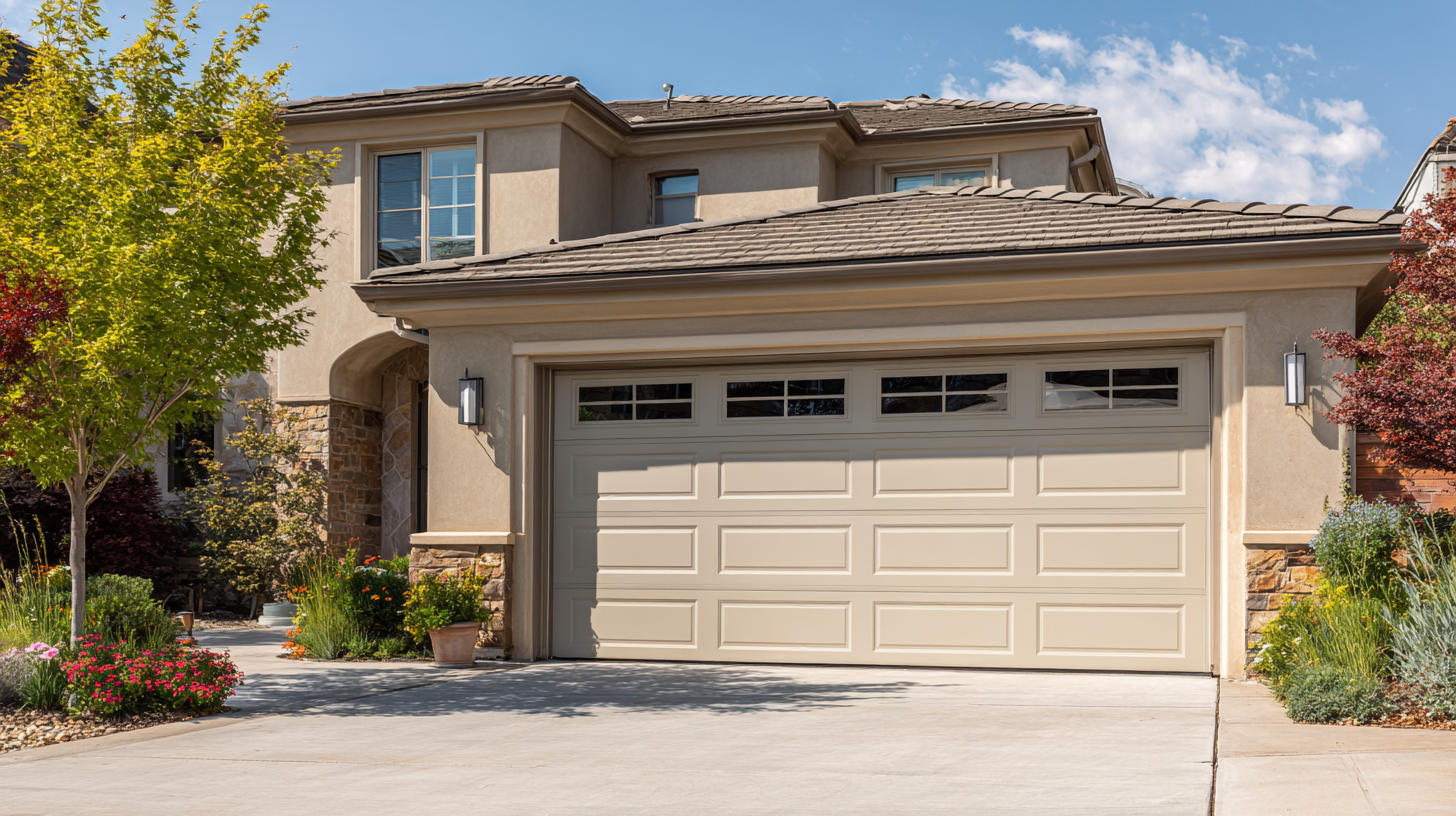
Essential Tools for Garage Door Maintenance
Maintaining your garage door can significantly extend its lifespan, and having the right tools is essential for effective upkeep. First, a sturdy ladder will allow you to safely reach high areas of the door and the tracks for thorough inspections and adjustments. A socket set is crucial for tightening any loose bolts or screws that may affect the door's operation. Additionally, a torque wrench ensures that the hardware is adjusted to the manufacturer's specifications, preventing any future problems.
Another important tool is a lubricant, specifically designed for garage doors. Regularly applying a high-quality silicone or lithium-based lubricant to the hinges, rollers, and tracks minimizes friction and wear, allowing the door to operate quietly and smoothly. Moreover, a level is necessary for checking that the door is balanced, as an unbalanced door can lead to premature wear and tear. By equipping yourself with these essential tools and using them regularly, you can help ensure your garage door remains in optimal condition for years to come.
Step-by-Step Guide to Inspecting Your Garage Door
Inspecting your garage door regularly is essential for extending its lifespan, with proper maintenance potentially increasing it by up to 30 percent. Start by examining the door’s overall condition—look for any visible signs of wear and tear, such as rust, dents, or cracks. Ensure that the door operates smoothly and listen for unusual noises when it opens or closes, as these can indicate mechanical issues that need addressing.
Next, pay close attention to the hardware. Check the cables, pulleys, and springs for fraying or wear, as these components bear a significant load and are crucial for safe operation. Adjust or lubricate moving parts as needed to facilitate smooth movement.
Additionally, inspect the weatherstripping and seals around the door. Worn or damaged seals can lead to drafts and may affect the garage's energy efficiency, so replace them if necessary. Regular inspections and timely maintenance will not only improve functionality but also enhance the longevity of your garage door. Remember, a well-maintained garage door is an investment in your home’s security and energy efficiency.
Routine Maintenance Tasks for Optimal Performance
To ensure your garage door operates smoothly and lasts a long time, regular maintenance is essential. Start by inspecting the door's hardware, including hinges, rollers, and tracks. These components may accumulate dust and debris over time, leading to friction and potential malfunctions. Cleaning them regularly with a mild detergent and lubricating them with a silicon-based or lithium-based grease can dramatically enhance performance and longevity.
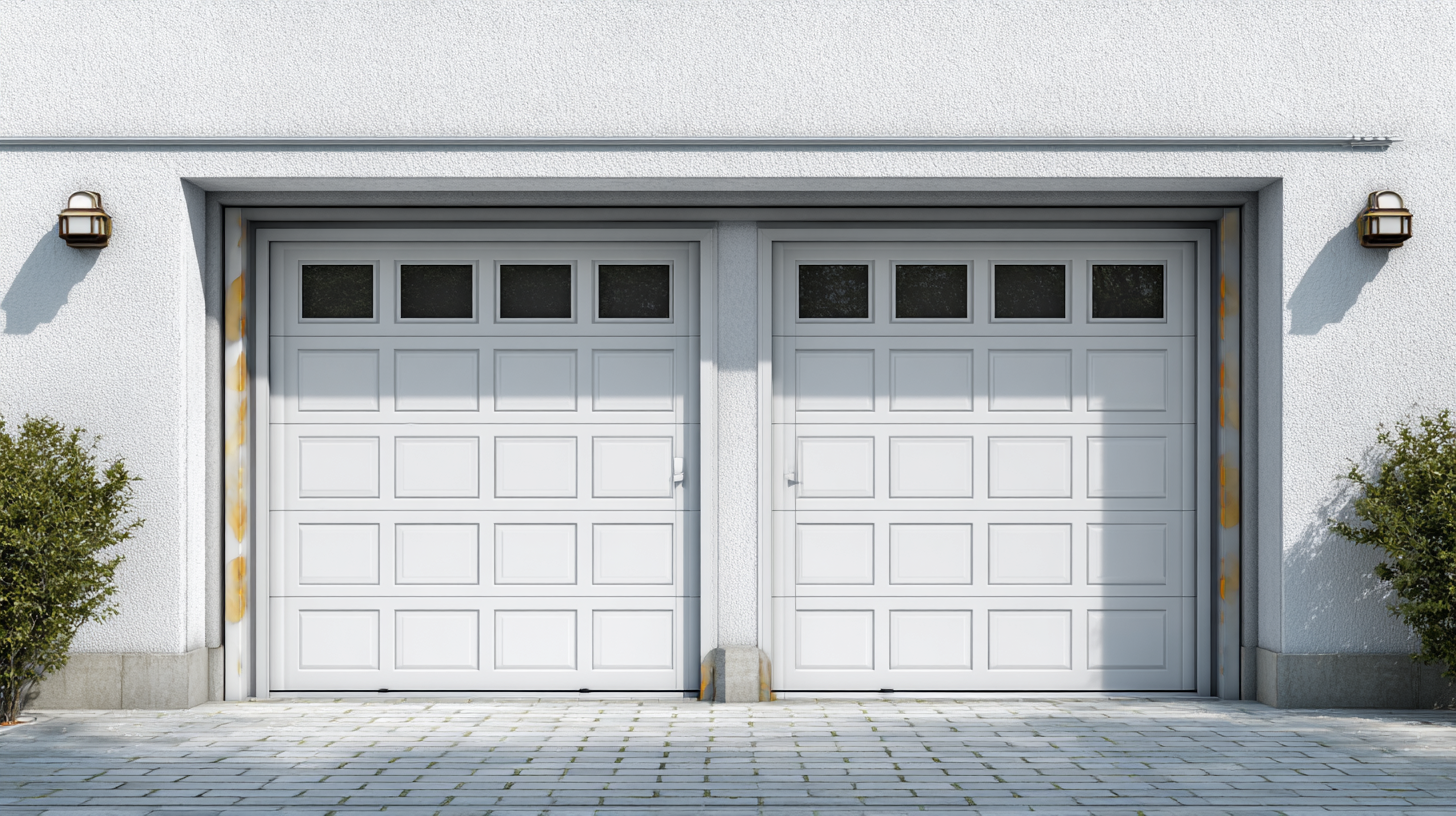
In addition to hardware checks, it's crucial to examine the garage door's alignment and balance. An unbalanced door can put unnecessary strain on the opener and other components, increasing wear and tear. Regularly conduct a balance test by disengaging the opener and manually lifting the door halfway. If it doesn't stay in place, adjustments may be needed. Furthermore, don't forget to check the weatherstripping for any signs of damage; replacing it can prevent energy loss and protect the door from moisture, ultimately extending its lifespan. Consistent attention to these routine tasks will help maintain your garage door in optimal condition for years to come.
Common Garage Door Issues and Troubleshooting Tips
Garages are essential components of many homes, yet garage doors often face issues that can disrupt their functionality. Understanding common garage door problems is crucial to effective troubleshooting. One frequent issue is a door that won’t open or close properly, which may stem from misaligned sensors or worn-out springs. Regularly checking the alignment of the safety sensors and lubricating the moving parts can help mitigate these issues.
Another common problem is excessive noise during operation. This noise can be attributed to lack of lubrication or loose hardware. To minimize sound, apply a silicone-based lubricant to the rollers and hinges and ensure all bolts and screws are tightened. For more persistent noise issues, consider replacing old rollers with quieter, nylon ones.
Additionally, if you notice the garage door reversing unexpectedly, this can indicate a problem with the safety features or even obstructions on the track. It’s important to inspect the tracks for debris and ensure that nothing is interfering with the closing mechanism, which often involves a simple cleaning solution. Taking these proactive steps not only resolves immediate issues but also contributes to the longevity of your garage door.
Impact of Proper Maintenance Techniques on Garage Door Lifespan
Best Practices for Seasonal Maintenance and Care
Regular maintenance is essential for extending the lifespan of your garage door, especially as seasons change. One of the best practices for seasonal maintenance is to perform a thorough inspection at the beginning of each season. Look for signs of wear and tear, such as frayed cables, rust on the tracks, or loose hardware. Addressing these issues early can prevent more extensive damage and costly repairs down the line.
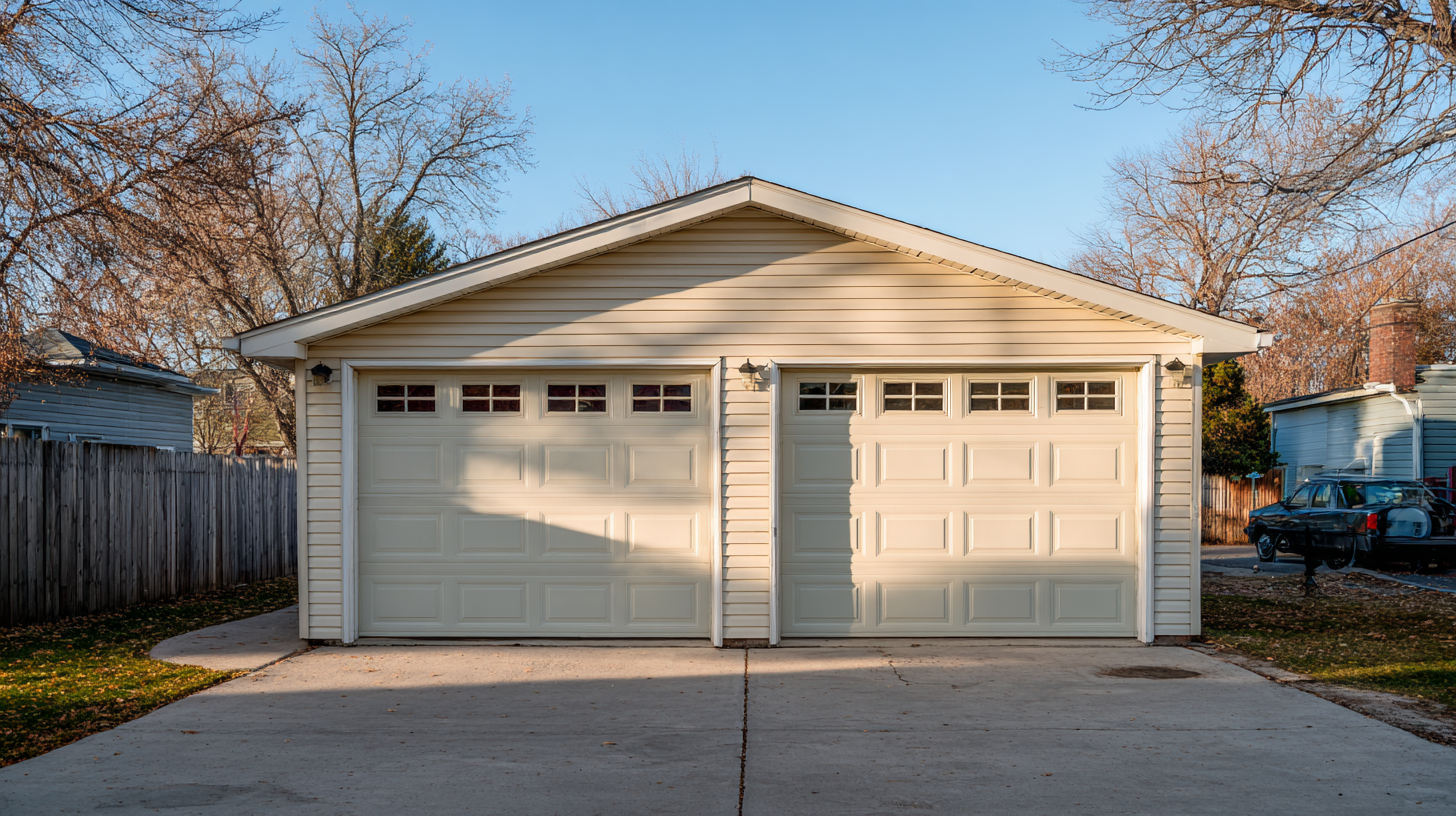
Another important aspect of seasonal care involves lubrication. Applying a suitable lubricant on the moving parts, including rollers, hinges, and springs, can help reduce friction and prevent rust. In addition, it’s wise to clean the tracks and remove any debris that may obstruct the door's movement. During extreme weather, ensure that the weather stripping is intact to keep moisture and pests out, which can also contribute to deterioration. By adhering to these best practices, your garage door can not only function smoothly but also last significantly longer.
Related Posts
-
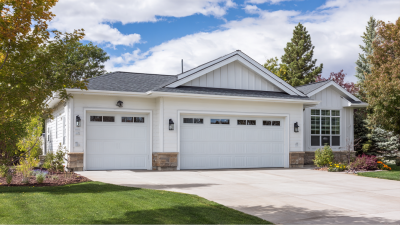
5 Best Garage Door Options for Boosting Your Home's Curb Appeal
-

7 Compelling Reasons to Choose a Double Garage Door for Your Home Upgrade
-

Mastering Residential Roll Up Garage Doors: A Comprehensive DIY Installation Tutorial
-
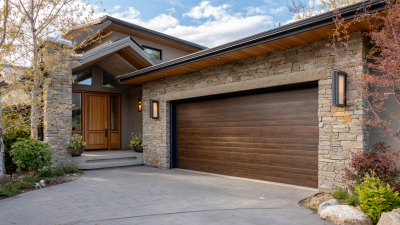
How to Choose the Perfect Garage Door Options for Your Home's Aesthetic and Security Needs
-
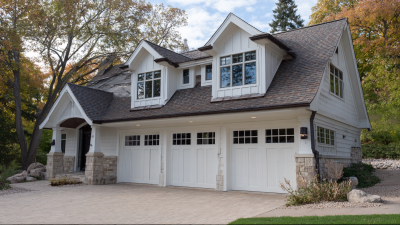
7 Best Benefits of Choosing Garage Doors with Windows for Your Home
-
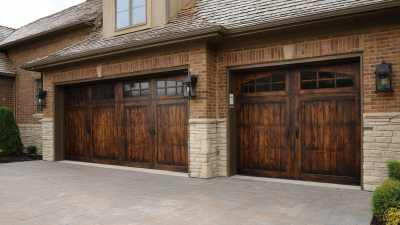
What are the Benefits of Choosing Wood Look Garage Doors for Your Home
